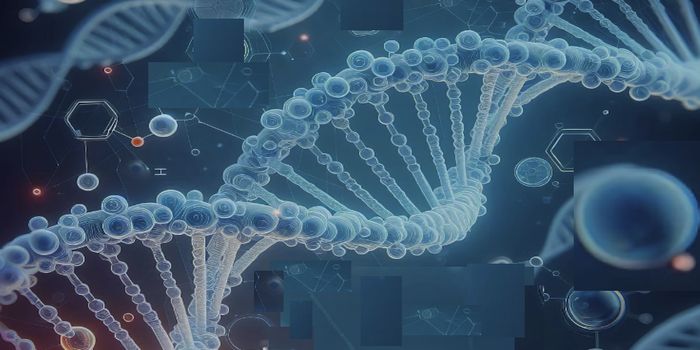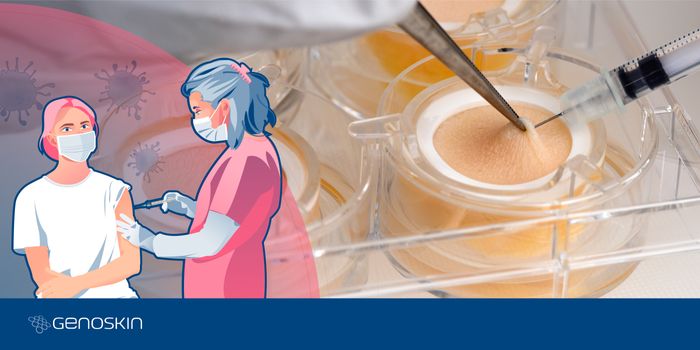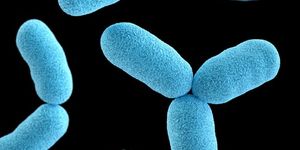Scientists Discover Key Gene Behind Antibiotic Resistance
Scientists from Oxford University have shown that a single gene can make some strains of Staphylococcus aureus (the bacteria responsible for a large portion of antibiotic-resistant infections in hospitals) evolve high levels of resistance to an antibiotic known as ciprofloxacin.
For their research, the scientists observed how over 200 isolates of S. aureus evolved resistance to the broad-spectrum antibiotic, ciprofloxacin, in lab conditions. Seeing that different strains became resistant at different rates, genome sequencing and gene expression profiling helped them identify key candidate genes perhaps responsible for antibiotic resistance.
Further experiments with genetically engineered strains of the bacteria then made it possible to confirm the importance of one key gene- norA- that pumps antibiotics out of bacterial cells. To confirm its role, the scientists demonstrated that chemically inhibiting the norA ‘efflux pump’ could actually prevent bacteria from evolving resistance under lab conditions.
"The key breakthrough moment in this project came when we found that a single gene, norA, could play such a big role in evolvability, in spite of the fact that S.aureus genomes contain more than 2,000 genes, many of which vary between isolates.” says Professor Craig Maclean, one of the study’s authors.
“Although all of our results supported the idea that norA underpins evolvability, it was nonetheless surprising to see how effectively norA inhibitors could prevent resistance from evolving in the lab."
The authors note, however, that their study is not without flaws. To begin, the drug they used to suppress norA function (reserpine) is not yet approved by the FDA, and so can not be used in human trials. Furthermore, it is possible that anti-evolution drugs will be less effective in real life than in lab tests, as it may be challenging to get both antibiotics and anti-evolution drugs to the same tissue at the same time.
Nevertheless, the researchers hope that their results will inspire clinical researchers to test the role of efflux pumps in the evolution of antibiotic resistance during infections. They are currently following up on their results to better understand the mechanism behind the gene, and others like it.
Sources: Phys, Nature Communications










